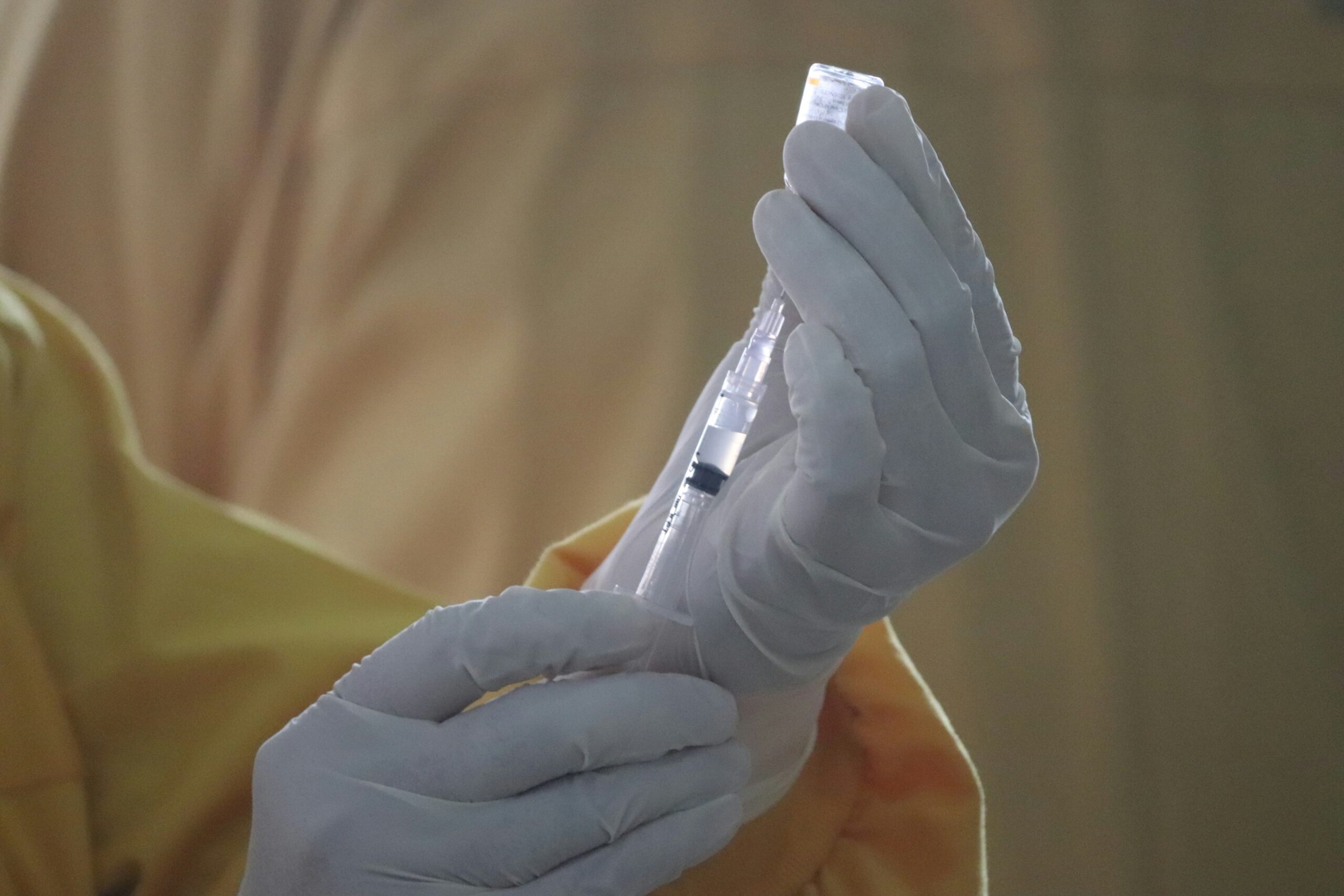The Disadvantages of COVID-19 Vaccines
While COVID-19 vaccines have been proven to be safe and effective, it’s important to be aware of the potential disadvantages they may have. Here are a few things to consider:
1. Side Effects
Like any vaccine, COVID-19 vaccines can have side effects. However, it’s important to note that the most common side effects are mild and temporary. These can include pain, redness, and swelling at the injection site, as well as fatigue, headache, muscle pain, chills, fever, and nausea. These side effects typically subside within a few days and are a sign that your body is building immunity.
2. Reduced Effectiveness
Over time, the effectiveness of COVID-19 vaccines can decrease. This is why booster shots are recommended to maintain protection against the virus. By staying up-to-date on your vaccinations, you can ensure that you have the best possible defense against COVID-19.
3. Waning Immunity
For some individuals, especially those who are older or have weakened immune systems, the protection provided by COVID-19 vaccines may wane over time. This highlights the importance of staying vigilant and following recommended vaccination schedules. By doing so, you can help maximize your immunity and reduce the risk of infection.
The Future Risks of COVID-19 Vaccines
While COVID-19 vaccines have undergone rigorous testing and have been proven to be safe, it’s natural to wonder about potential long-term risks. Here are a couple of areas that researchers are keeping an eye on:
1. Long-Term Side Effects
As with any new vaccine, the long-term side effects of COVID-19 vaccines are still being studied. However, it’s important to note that the vaccines have undergone extensive testing before being approved for public use. The benefits of vaccination in preventing severe illness and reducing the spread of the virus far outweigh the potential risks.
2. Autoimmune Diseases
Some studies have suggested a possible link between COVID-19 vaccines and autoimmune diseases. However, further research is needed to establish a clear connection. It’s important to remember that the risk of developing autoimmune diseases after vaccination is extremely low compared to the risks associated with COVID-19 itself.
What You Should Do
Despite the potential disadvantages and future risks, COVID-19 vaccines are still the best tool we have in the fight against the virus. Here’s what you can do:
1. Trust the Science
COVID-19 vaccines have undergone rigorous testing and have been proven to be safe and effective. Trust in the scientific process and the experts who have dedicated their lives to public health.
2. Consult Your Doctor
If you have any concerns or questions about COVID-19 vaccines, it’s always a good idea to talk to your doctor. They can provide personalized advice based on your medical history and help address any specific concerns you may have.
3. Stay Informed
Stay updated on the latest information about COVID-19 vaccines from reliable sources such as the Centers for Disease Control and Prevention (CDC) and the World Health Organization (WHO). This will help you make informed decisions about your health and the health of your loved ones.
4. Get Vaccinated
Ultimately, getting vaccinated is the most effective way to protect yourself and your loved ones from COVID-19. Vaccination not only reduces your risk of severe illness but also helps to prevent the spread of the virus in your community.
Remember, we’re all in this together, and by taking the necessary precautions and getting vaccinated, we can overcome this global crisis and return to a sense of normalcy.

